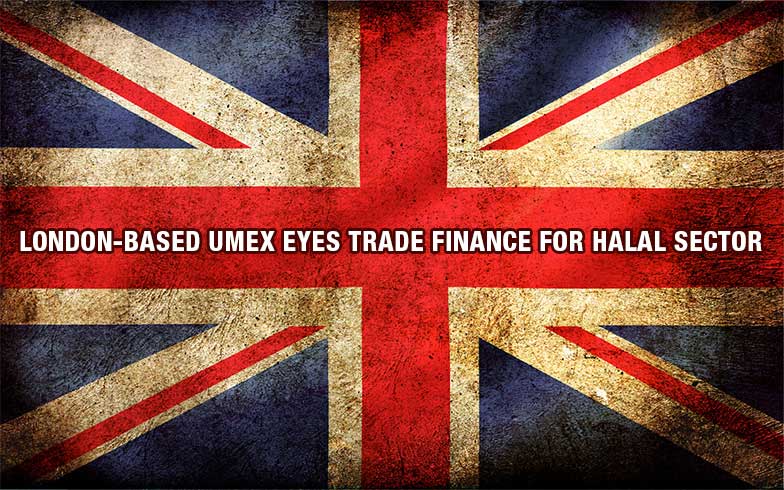London-based Umex Eyes Trade Finance For Halal Sector

Umex aims to tackle a longstanding industry dilemma: halalcompanies,
which produce consumer goods according to Islamicprinciples, rely mostly
on financing from conventional banksdespite Islam's ban on interest
payments.
While some banks do offer Islamic trade financing, thistends to focus on
large commodity-related deals while neglectingsmaller firms, said
Mahesh Jayanarayan, chief executive of UmexCapital Markets Group, the
parent company of Umex Securities.
"Islamic banks, like conventional banks, are payingattention to provide
trade finance for big business, but less toSMEs (small and medium-sized
enterprises). We can safely saythat Islamic banks have failed their own
backyard."
Last July, for example, the Saudi Arabia-based Islamic TradeFinance Corp
extended $358 million of financing to Jordan forenergy and petroleum
products. Similar finance has been offeredto Egypt, Mali, Tajikistan and
Tunisia. Such deals are promptingIslamic and Western banks to ramp up
their efforts in Islamictrade finance involving rich Gulf economies.
But deals specifically designed for halal firms are rare,causing those
firms to resort to short-term money lenders tobridge their working
capital needs, said Jayanarayan.
"The halal sector is way down the list of priorities forboth Islamic and conventional banks in the UK and Europe."
TRADE BRIDGE
While halal is most often associated with food, the marketfor such
products extends into other consumer goods such astravel, clothing and
cosmetics.
Umex will offer its Islamic trade finance service, calledUmex Trade
Bridge, first in Britain followed by other Europeanmarkets such as
France, Germany, Belgiu
m and Italy.
"We will consider other countries where the legal structuresare in place
to provide such financing. We can safely say thatoutside of Europe our
next destination will be the UAE (UnitedArab Emirates)."
Further expansion would be through partnerships or franchisemodels, Jayanarayan added.
Umex Trade Bridge provides Islamic financing facilities forterms of 15
to 120 days, with amounts ranging from 50,000 pounds($81,500) to a
maximum of 250,000 pounds.
The principal financing models used are murabaha and wakalacontracts,
both common Islamic structures, which have beenvetted by sharia scholars
including Bahrain-based Sheikh NizamYaquby and UAE-based Mufti Aziz Ur
Rehman.
"For plain vanilla transactions we use traditional Islamicmodels. Where
transactions require complex structures, we willresort to hybrids of
Islamic models."
Source: news.yahoo.com


































